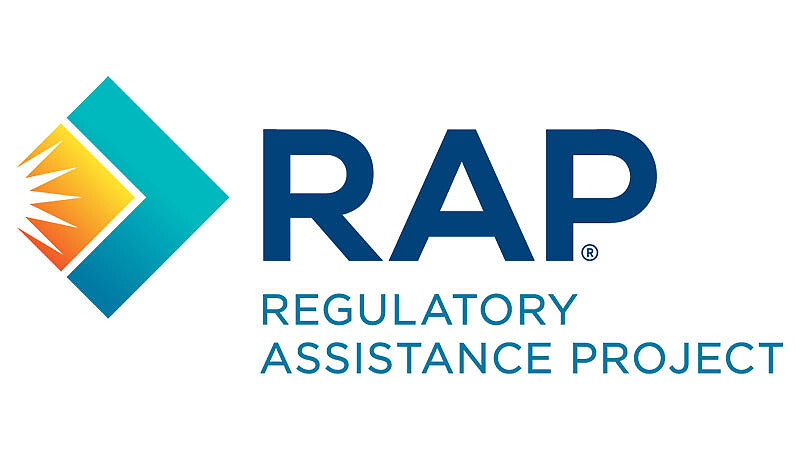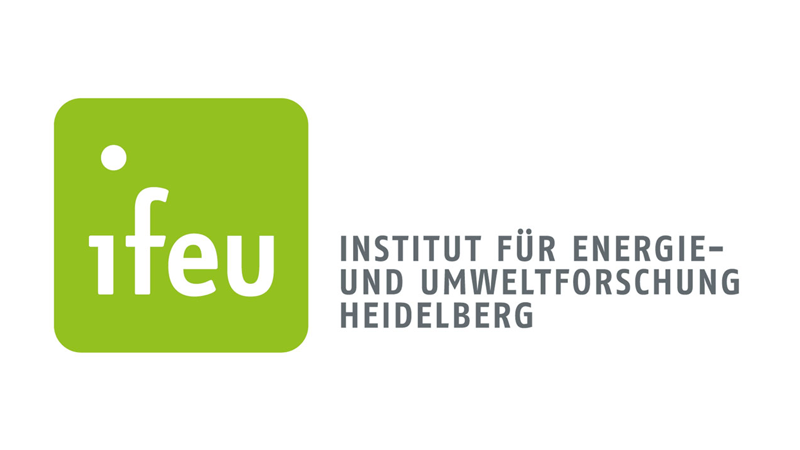-
The sustainable energy transition in the heating sector is currently lagging and buildings sector goals are unlikely to be met by 2030.
Reducing emissions from the current level of 130 million tons of CO2 to between 70 and 72 million tons in the next 11 years will require ramping up all available technologies across the board. These include insulation, heat pumps, heat networks, decentralized renewable energy and power-to-gas. Cherry-picking the various building technologies is no longer an option because of past shortcomings.
-
Energy efficiency in existing buildings is a prerequisite for technology neutrality.
Ensuring adequate competition between various energy supply options such as renewable energy, heat pumps, synthetic fuels and decarbonized heat networks requires reducing final energy consumption by at least a third before 2050. The more efficient a building is, the more realistic any necessary expansion on the generation side will be.
-
Power-to-gas can only complement aggressive efficiency policies in the buildings sector, not replace them.
Synthetic fuels are a significant component of energy supply in all 2050 climate protection scenarios. But their contribution by 2030 is only limited, and even between 2030 and 2050 they are considerably more expensive than most energy efficiency measures in the buildings sector. In addition, the bulk of generation from power-to-gas may be allocated to other markets (industrial processes, shipping, air travel and transport by truck).
-
To successfully implement the heating transition, we urgently need a roadmap for promoting energy efficiency in buildings by 2030.
To this end, a package of policy measures is needed, including changes to relevant laws, regulations and energy tax laws, as well as an overhaul of funding programs. The heating sector goals for 2030 and 2050 can only be met if the installation rate of all building-related climate protection technologies is quadrupled.
This content is also available in: German
Building sector efficiency: a crucial component of the energy transition
Final report on a study conducted by Institut für Energie- und Umweltforschung Heidelberg (Ifeu), Fraunhofer IEE and Consentec

Preface
The renovation of buildings for greater energy efficiency is a challenging problem. Despite significant efforts, the renovation rate has remained stagnant for years. As a result, the search for alternatives has intensified. Using synthetic fuels to replace energy sources such as natural gas and heating oil have increasingly come under consideration, particularly when combined with greater integration between energy sectors. The hope is that using these fuels will allow buildings and boilers to be left as they currently stand.
But are these fuels truly alternatives to increased energy efficiency? If the sluggish pace of building renovation is allowed to continue, then lower efficiency rates must be balanced out with increases in renewable energy use and heat pumps, or more synthetic fuels. But these alternatives also incur additional costs and have yet to be thoroughly tested under real-world conditions.
In short, there is no easy way to get around the slow rate of building renovation. This study demonstrates that aggressive energy efficiency policies are crucial if buildings are to make any significant contribution to climate protection. Efficiency in buildings is essential for meeting climate protection goals in 2030 and beyond. It is also a significant factor in guaranteeing that a range of CO2-free residual heating technologies are competitive in the future.
Key findings
Bibliographical data
Downloads
-
pdf 8 MB
Building sector Efficiency: A crucial Component of the Energy Transition
Final report on a study conducted by Institut für Energie- und Umweltforschung Heidelberg (Ifeu), Fraunhofer IEE and Consentec





